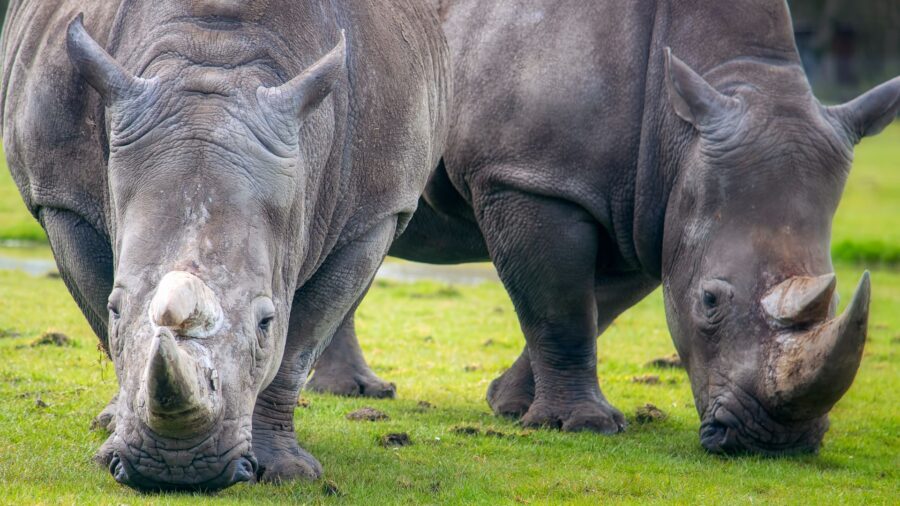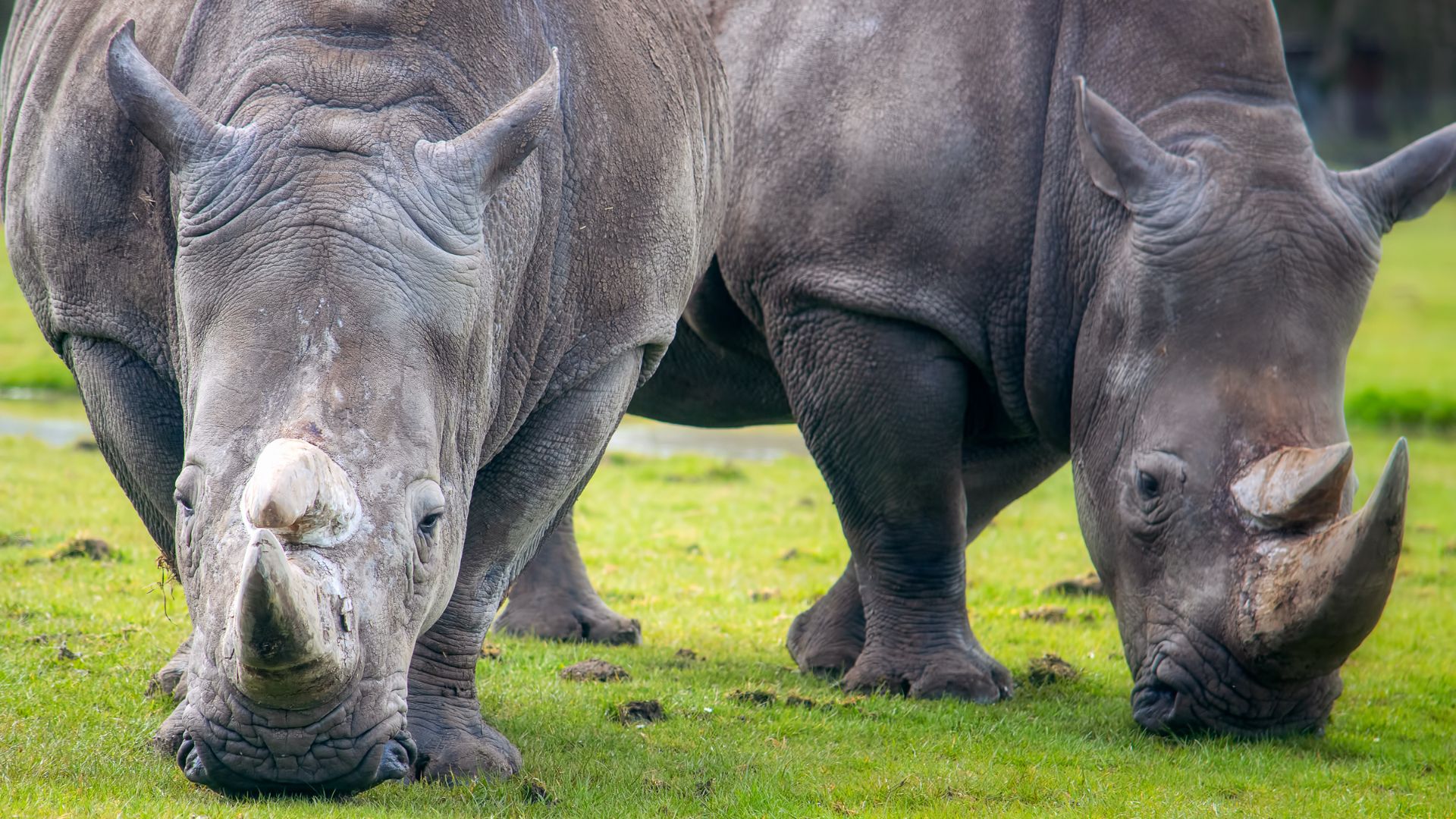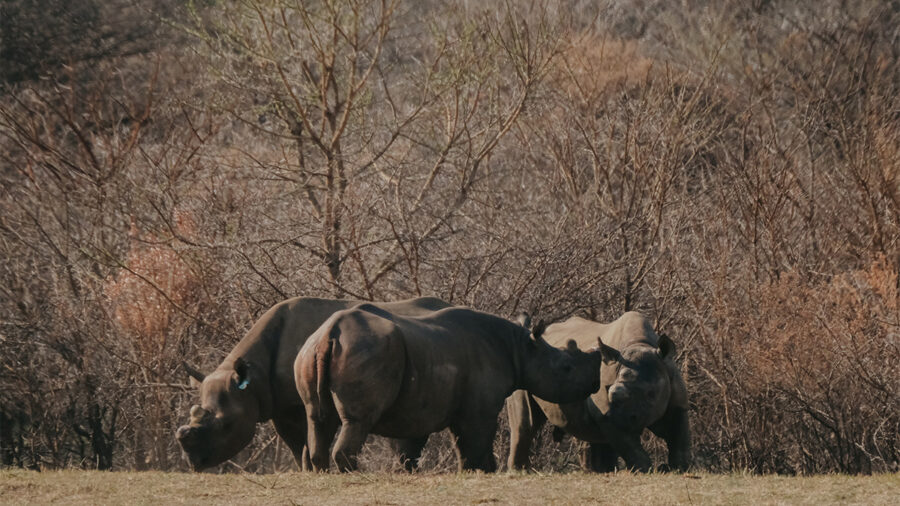
Over 100 rhinos find a new home in the Greater Kruger
Mpumalanga and Limpopo reserves in the Greater Kruger region have taken in 120 Southern White rhinos as part of a rewild initiative.

Rhinos get a new home
The Greater Kruger Environmental Protection Foundation (GKEPF) has translocated 120 Southern White rhinos to its Limpopo and Mpumalanga private reserves.
This is in an effort to boost the Southern White rhino population in the Greater Kruger area as part of African Parks’ Rhino Rewild initiative, where they plan to rewild 2 000 of these rhinos into secure protected areas within Africa over the next decade.
According to Tourism Update, In September 2023, African Parks purchased the world’s largest captive rhino breeding operation with one main objective: to rewild them all to well-managed and secure protected areas, to establish or supplement strategic populations, ultimately helping to de-risk the future of the species.
“Moving 120 rhinos under the Rhino Rewild initiative to GKEPF will augment the existing rhino population in the Greater Kruger and ensure that these rhino are fulfilling their role in their natural environment, which has been our vision from the start,” Peter Fearnhead, CEO of African Parks said as per Tourism Update.
“Despite significant pressures, GKEPF members have played a critical role in the conservation of the Greater Kruger landscape providing an important buffer to the Kruger and we support their commendable progress in protecting rhino populations in their native range,” Fearnhead added.
Translocation in South Africa

Last year, KwaZulu-Natal’s Babanango Game Reserve brought even more wildlife to its doors, reintroducing another seven elephants recently.
The reserve has also attained full Big 5 status, home to lion, rhino, buffalo, leopard and elephant, among many other species.
The reserve announced that they have succesfully reintroduced another seven elephants last October, from Eastern Cape’s Addo Elephant National Park to the 20 000-hectare property.
Prior to this, elephants had been absent from the Babanango region in Zululand for 150 years.